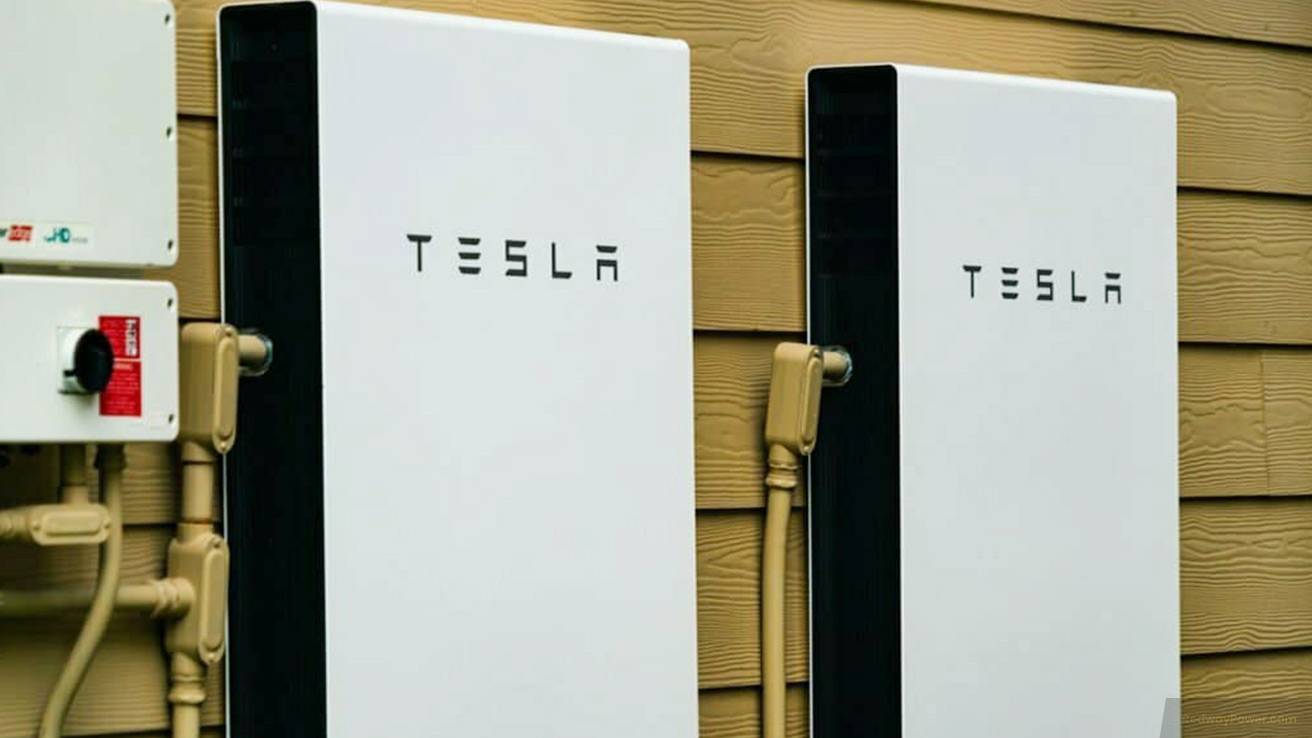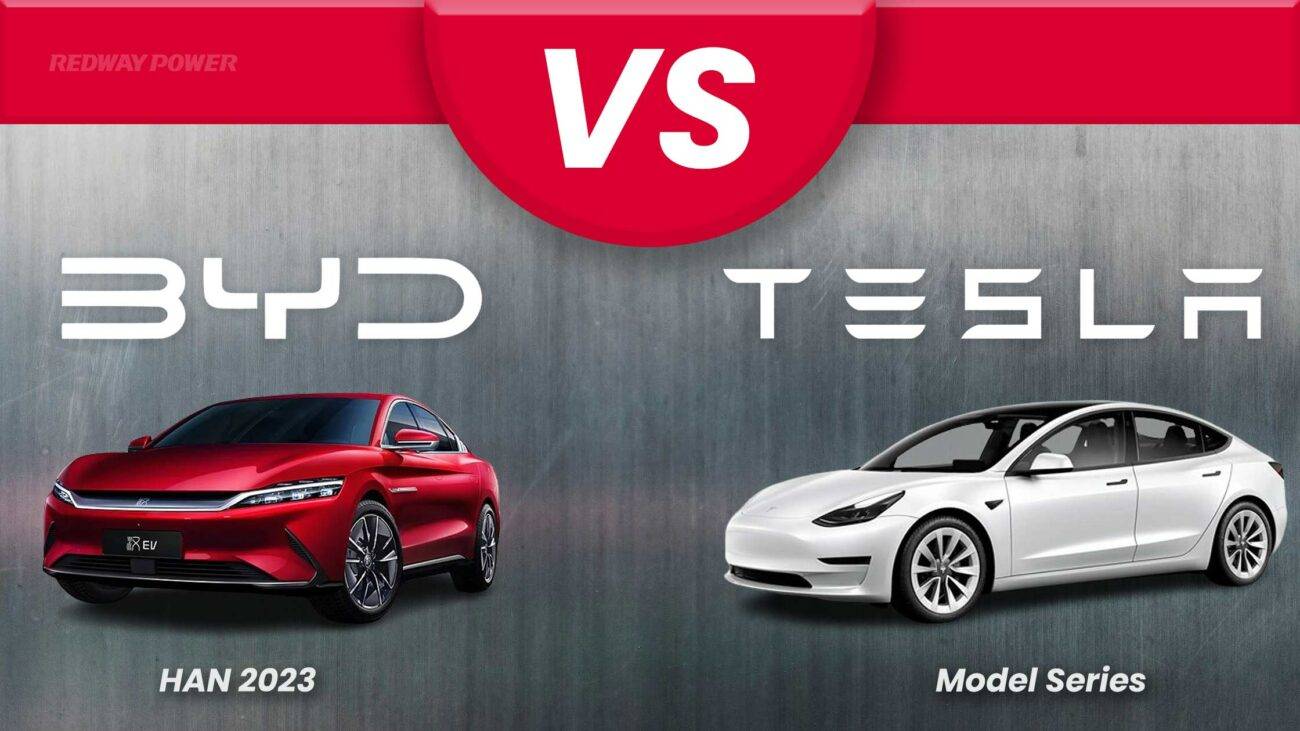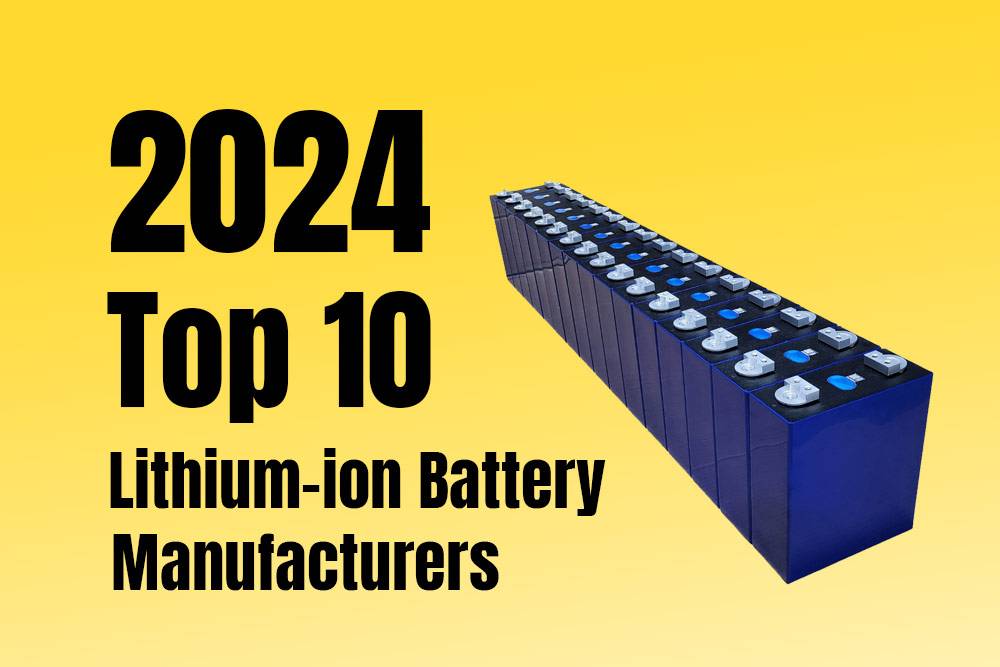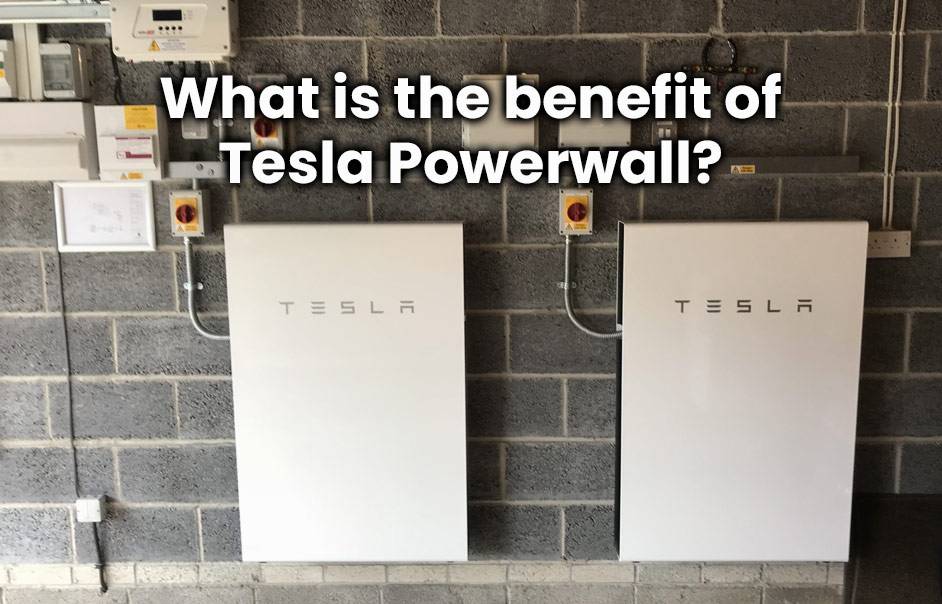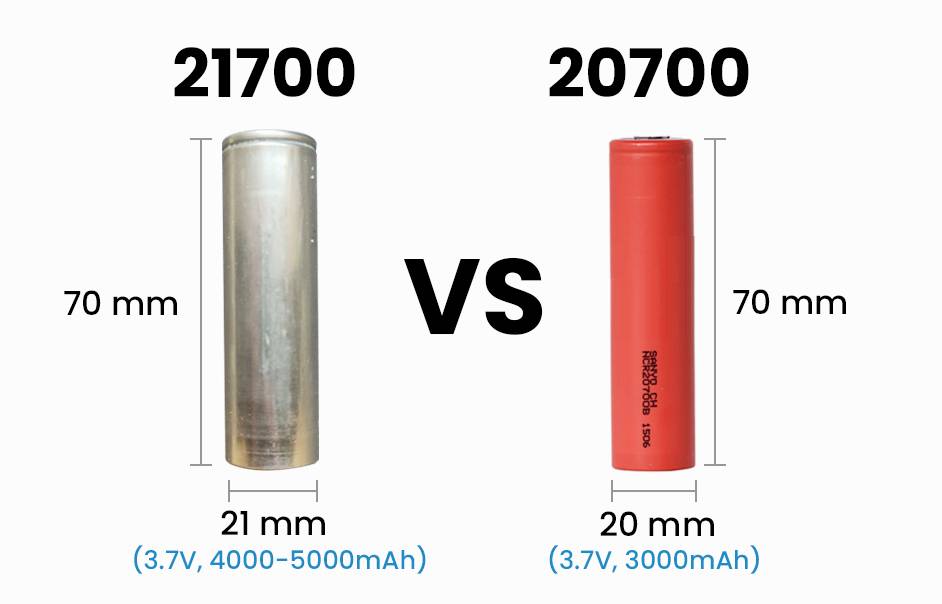- Forklift Lithium Battery
-
48V
- 48V 210Ah
- 48V 300Ah
- 48V 420Ah (949 x 349 x 569 mm)
- 48V 420Ah (950 x 421 x 450 mm)
- 48V 456Ah
- 48V 460Ah (830 x 630 x 590 mm)
- 48V 460Ah (950 x 421 x 450 mm)
- 48V 460Ah (800 x 630 x 600 mm)
- 48V 460Ah (820 x 660 x 470 mm)
- 48V 500Ah
- 48V 560Ah (810 x 630 x 600 mm)
- 48V 560Ah (950 x 592 x 450 mm)
- 48V 600Ah
- 48V 630Ah
-
48V
- Lithium Golf Cart Battery
- 12V Lithium Battery
12V 150Ah Lithium RV Battery
Bluetooth App | BCI Group 31
LiFePO4 Lithium
Discharge Temperature -20°C ~ 65°C
Fast Charger 14.6V 50A
Solar MPPT Charging - 24V Lithium Battery
- 36V Lithium Battery
- 48V Lithium Battery
-
48V LiFePO4 Battery
- 48V 50Ah
- 48V 50Ah (for Golf Carts)
- 48V 60Ah (8D)
- 48V 100Ah (8D)
- 48V 100Ah
- 48V 100Ah (Discharge 100A for Golf Carts)
- 48V 100Ah (Discharge 150A for Golf Carts)
- 48V 100Ah (Discharge 200A for Golf Carts)
- 48V 150Ah (for Golf Carts)
- 48V 160Ah (Discharge 100A for Golf Carts)
- 48V 160Ah (Discharge 160A for Golf Carts)
-
48V LiFePO4 Battery
- 60V Lithium Battery
-
60V LiFePO4 Battery
- 60V 20Ah
- 60V 30Ah
- 60V 50Ah
- 60V 50Ah (Small Size / Side Terminal)
- 60V 100Ah (for Electric Motocycle, Electric Scooter, LSV, AGV)
- 60V 100Ah (for Forklift, AGV, Electric Scooter, Sweeper)
- 60V 150Ah (E-Motocycle / E-Scooter / E-Tricycle / Tour LSV)
- 60V 200Ah (for Forklift, AGV, Electric Scooter, Sweeper)
-
60V LiFePO4 Battery
- 72V~96V Lithium Battery
- Rack-mounted Lithium Battery
- E-Bike Battery
- All-in-One Home-ESS
- Wall-mount Battery ESS
-
Home-ESS Lithium Battery PowerWall
- 24V 100Ah 2.4kWh PW24100-S PowerWall
- 48V 50Ah 2.4kWh PW4850-S PowerWall
- 48V 50Ah 2.56kWh PW5150-S PowerWall
- 48V 100Ah 5.12kWh PW51100-F PowerWall (IP65)
- 48V 100Ah 5.12kWh PW51100-S PowerWall
- 48V 100Ah 5.12kWh PW51100-H PowerWall
- 48V 200Ah 10kWh PW51200-H PowerWall
- 48V 300Ah 15kWh PW51300-H PowerWall
PowerWall 51.2V 100Ah LiFePO4 Lithium Battery
Highly popular in Asia and Eastern Europe.
CE Certification | Home-ESS -
Home-ESS Lithium Battery PowerWall
- Portable Power Stations
What Are the Best Alternatives to Tesla Powerwall?

While the Tesla Powerwall is a popular choice for home energy storage, several viable alternatives offer similar or enhanced features. Options like LG Chem RESU, Generac PWRcell, and Enphase batteries provide different capacities and functionalities that may better suit individual needs. This article explores these alternatives and how they compare to the Tesla Powerwall.
What are the main features of the Tesla Powerwall?
The Tesla Powerwall is known for its impressive specifications and capabilities:
- Storage Capacity: The standard model offers 13.5 kWh of usable energy.
- Scalability: Multiple units can be connected for increased capacity.
- Integrated Inverter: Simplifies installation by combining storage and inverter functions.
- Smart Monitoring: Allows users to track energy usage and performance via a mobile app.
Powerwall Features Chart
| Feature | Description |
|---|---|
| Storage Capacity | 13.5 kWh usable energy |
| Scalability | Connect multiple units for increased capacity |
| Integrated Inverter | Combines storage and inverter functions |
| Smart Monitoring | Mobile app for tracking performance |
What are the best alternatives to the Tesla Powerwall?
Several notable alternatives to the Tesla Powerwall include:
- LG Chem RESU: Offers various capacities (up to 16 kWh) with high efficiency.
- Generac PWRcell: A modular system that allows users to scale their energy storage as needed.
- Enphase Encharge: Designed for flexibility and easy integration with existing solar systems.
These options provide competitive features that may align better with specific user requirements.
How do the costs of alternatives compare to the Powerwall?
Cost comparisons reveal that while some alternatives may be cheaper upfront, total cost considerations include installation, scalability, and warranty:
- Tesla Powerwall: Approximately $10,500, including installation.
- LG Chem RESU: Ranges from $7,000 to $9,000, depending on capacity.
- Generac PWRcell: Starts around $8,000, with additional costs for expansion.
Understanding these costs helps consumers make informed decisions based on budget and needs.Cost Comparison Chart
| Battery System | Approximate Cost (including installation) |
|---|---|
| Tesla Powerwall | $10,500 |
| LG Chem RESU | $7,000 – $9,000 |
| Generac PWRcell | Starting at $8,000 |
What factors should I consider when choosing a battery system?
When selecting a battery system, consider:
- Capacity Needs: Assess your energy consumption patterns to determine required storage.
- Space Availability: Ensure you have adequate space for installation.
- Compatibility with Solar Systems: Check if it integrates well with existing solar panels.
- Warranty and Lifespan: Look for warranties that cover performance over time.
These factors will guide you in selecting a solution that meets your specific requirements.
How does each alternative compare in terms of capacity and efficiency?
Comparing capacity and efficiency among alternatives reveals important distinctions:
- LG Chem RESU:
- Capacity options range from 9.8 kWh to 16 kWh.
- Round-trip efficiency is around 95%.
- Generac PWRcell:
- Modular design allows configurations from 8 kWh up to 36 kWh.
- Round-trip efficiency approximately 90%.
- Enphase Encharge:
- Available in configurations from 3.36 kWh up to 10.08 kWh.
- Round-trip efficiency around 89%.
Understanding these specifications helps you choose a system that aligns with your energy needs.
What unique features do these alternatives offer?
Each alternative brings unique features that differentiate them from the Tesla Powerwall:
- LG Chem RESU:
- Compact design suitable for limited spaces.
- High cycle life with minimal degradation over time.
- Generac PWRcell:
- Customizable modular design allows users to add more capacity as needed.
- Integrated generator compatibility for backup power during outages.
- Enphase Encharge:
- Easy integration with existing solar systems using Enphase microinverters.
- Smart technology for monitoring and managing energy use effectively.
Tips for Battery Wholesale Buyers
For those interested in OEM orders or wholesale purchases of batteries, consider these key points:
- Quality Assurance: Choose manufacturers known for their reliability and product quality.
- Compatibility Checks: Ensure that batteries meet specific requirements for performance and safety.
- Cost Efficiency: Compare prices across suppliers for competitive rates.
Redway Power, a reputable lithium battery manufacturer with over 13 years of experience, is an excellent choice for wholesale buyers seeking dependable products.
Redway Power Expert Views
“Choosing an energy storage solution requires careful consideration of both current needs and future scalability,” states an expert from Redway Power. “By evaluating various options like LG Chem or Generac alongside Tesla’s offerings, consumers can find a solution tailored to their specific energy goals.”














